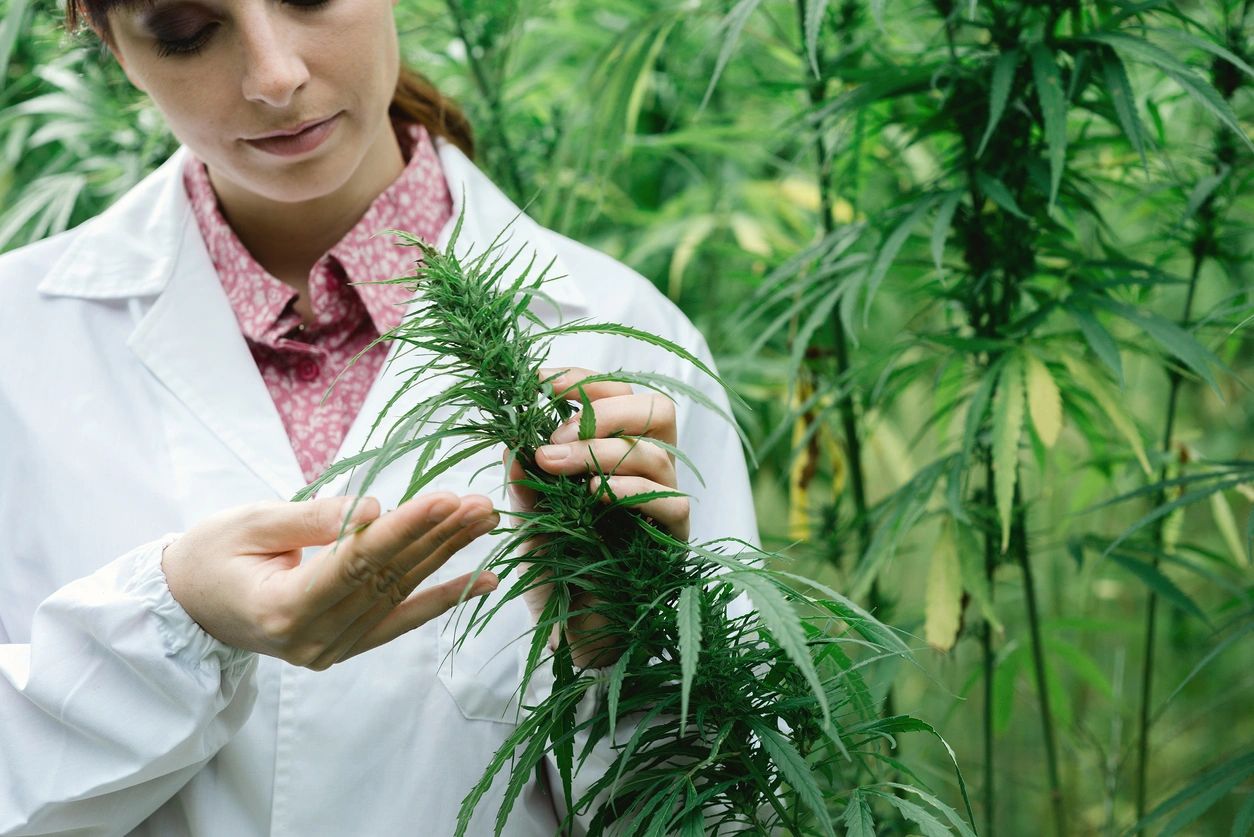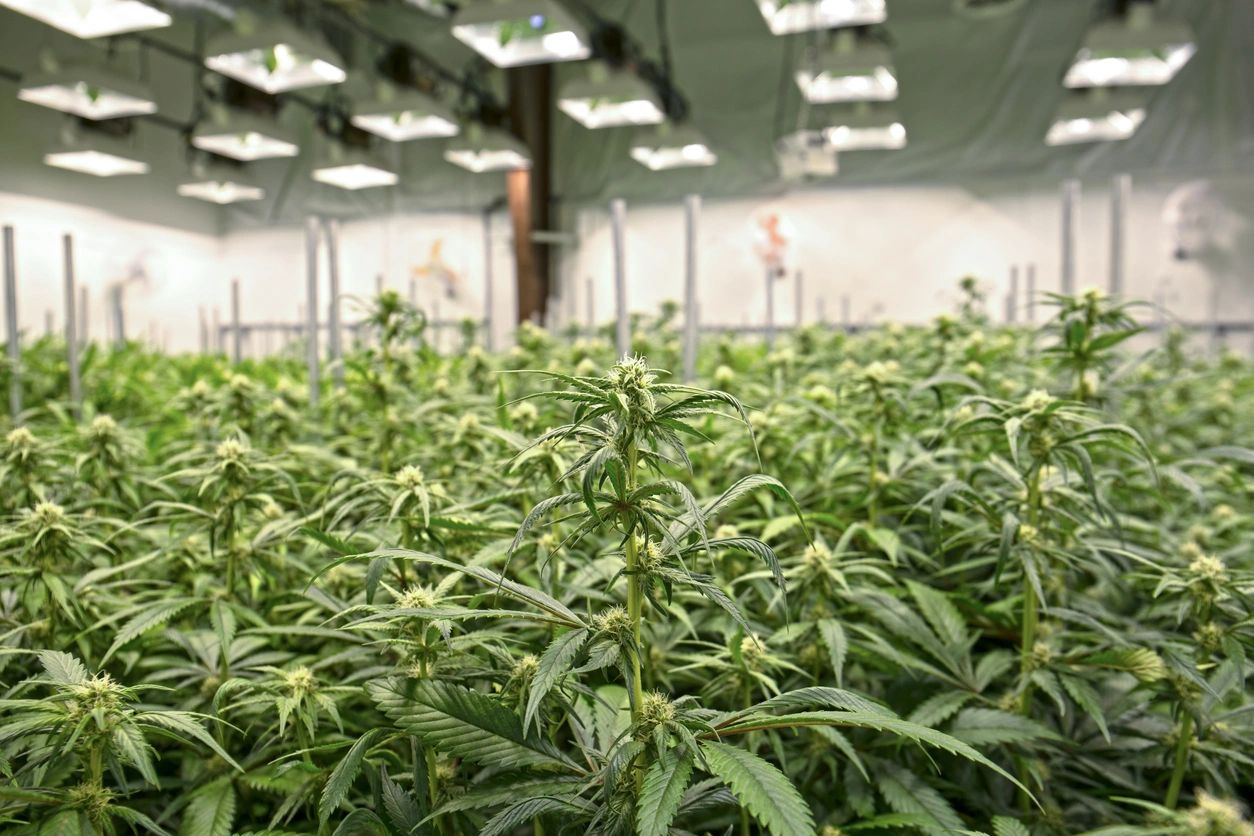Introduction
As the world faces increasing environmental challenges, sustainable alternatives to traditional
materials and resources are becoming essential. Hemp, a versatile and fast-growing crop, has
emerged as a key player in the movement toward sustainability. With applications in textiles,
construction, biofuels, and more, hemp offers a renewable and eco-friendly alternative to many
conventional products. This article explores how hemp contributes to sustainability by reducing
carbon footprints, promoting soil health, and providing biodegradable alternatives to synthetic
materials.
Hemp’s Environmental Benefits
Hemp is widely recognized for its ability to improve environmental conditions. Unlike
conventional crops, it requires fewer resources while providing numerous ecological
advantages:
- Carbon Sequestration: Hemp absorbs large amounts of carbon dioxide during its rapid growth cycle, making it one of the most effective plants for carbon sequestration. One acre of hemp can absorb as much CO2 as an equivalent area of forest.
- Low Water Usage: Compared to cotton, hemp requires significantly less water to grow and does not depend on extensive irrigation, making it ideal for sustainable farming in water-scarce regions.
- Minimal Pesticide Use: Hemp is naturally resistant to pests and diseases, reducing the need for chemical pesticides and herbicides that can harm ecosystems and contaminate water sources.
- Soil Regeneration: Hemp’s deep root system helps prevent soil erosion and improves soil structure, while its nutrient-dense biomass replenishes soil health, making it a valuable rotational crop for farmers.
Hemp’s versatility allows it to be used in various industries as an environmentally friendly alternative to non-renewable resources.
Hemp in Textiles and Fashion
The textile industry is a major contributor to pollution, with synthetic fibers producing microplastics and traditional cotton requiring heavy pesticide use. Hemp fabric presents a sustainable alternative:
- Naturally biodegradable and durable, reducing landfill waste.
- Requires 50% less water than cotton to cultivate.
- Provides a breathable and antimicrobial fabric, ideal for eco-friendly clothing brands.
Hemp-Based Construction Materials
Hempcrete, a building material made from hemp fibers, lime, and water, is gaining traction in the construction industry due to its sustainability benefits:
- Acts as a natural insulator, reducing energy consumption for heating and cooling.
- Absorbs CO2 over time, making it a carbon-negative building material.
- Lightweight and non-toxic, improving indoor air quality.
Hemp Plastics and Biodegradable Alternatives
Plastic pollution is one of the most pressing environmental issues of our time. Hemp-based bioplastics offer a sustainable alternative to petroleum-based plastics:
- Biodegradable and compostable, reducing landfill waste and ocean pollution.
- Stronger and more flexible than traditional plastic, suitable for packaging, automotive parts, and consumer goods.
- Requires fewer fossil fuels for production, lowering greenhouse gas emissions.
Hemp in Biofuels and Energy
As the world transitions to renewable energy sources, hemp is being explored as a potential biofuel:
- Hemp biomass can be converted into bioethanol and biodiesel, reducing reliance on fossil fuels.
- Can be grown on marginal lands, preventing competition with food crops.
- Produces high yields of biomass in a short time, making it a viable source of renewable energy.
Economic and Social Sustainability
Beyond its environmental benefits, hemp promotes economic and social sustainability:
- Job Creation: The hemp industry supports farmers, manufacturers, and entrepreneurs, contributing to local and global economies.
- Diversified Agriculture: Hemp’s adaptability to different climates makes it an accessible and profitable crop for farmers worldwide.
- Health Benefits: Hemp-derived products, such as CBD and hemp seed oil, offer natural wellness alternatives, promoting a healthier lifestyle.
Conclusion
Hemp’s role in sustainability is undeniable. From reducing carbon emissions to providing biodegradable alternatives in multiple industries, hemp is a powerful tool in the fight against climate change and environmental degradation. As industries and governments recognize its potential, hemp could play a crucial role in building a more sustainable and regenerative future. Investing in hemp-based solutions is not just a trend—it is a necessary step toward a greener planet.


